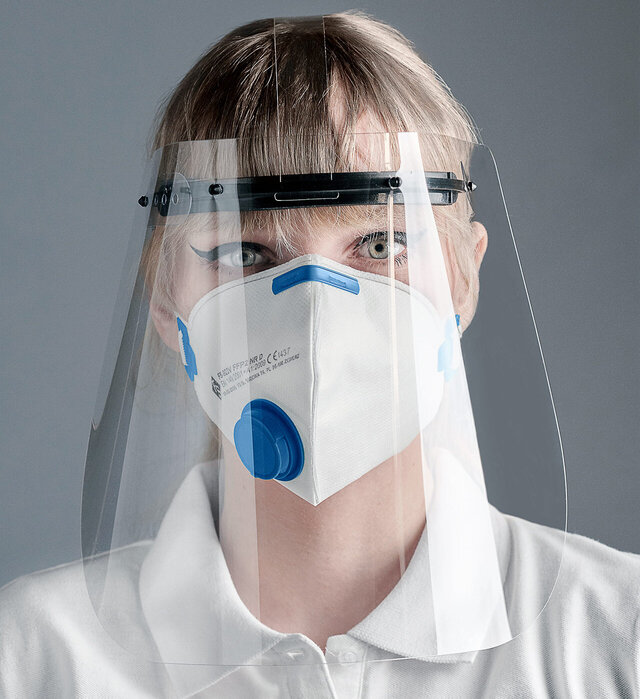Innovative response
Milan is to introduce one of Europe’s most ambitious schemes reallocating street space from cars to cycling and walking, in response to the coronavirus crisis.
Under the nationwide lockdown, motor traffic congestion has dropped by 30-75%, and air pollution with it. City officials hope to fend off a resurgence in car use as residents return to work looking to avoid busy public transport.
The city has announced that 35km (22 miles) of streets will be transformed over the summer, with a rapid, experimental citywide expansion of cycling and walking space to protect residents as Covid-19 restrictions are lifted.
The Strade Aperte plan includes low-cost temporary cycle lanes, new and widened pavements, 30kph (20mph) speed limits, and pedestrian and cyclist priority streets. The locations include a low traffic neighbourhood on the site of the former Lazzaretto, a refuge for victims of plague epidemics in the 15th and 16th centuries.
Specific issues addressed and anticipated impact
This innovation is trying to already plan how to preserve a current impact of the coronavirus state for the post-coronavirus normality.
Milan is a small, dense city, 15km from end to end with 1.4 million inhabitants, 55% of whom use public transport to get to work. The average commute is less than 4km, making a switch from cars to active modes of travel potentially possible for many residents. As such, it is a particularly appropriate measure for the city of Milan.
Organisations/institutions involved
Milan City
- Local government
Issues being addressed:
- Public service delivery under new circumstances
- Social effects of the crisis
Response tags:
Recovery-OrientedDate Submitted:
28 April 2020

